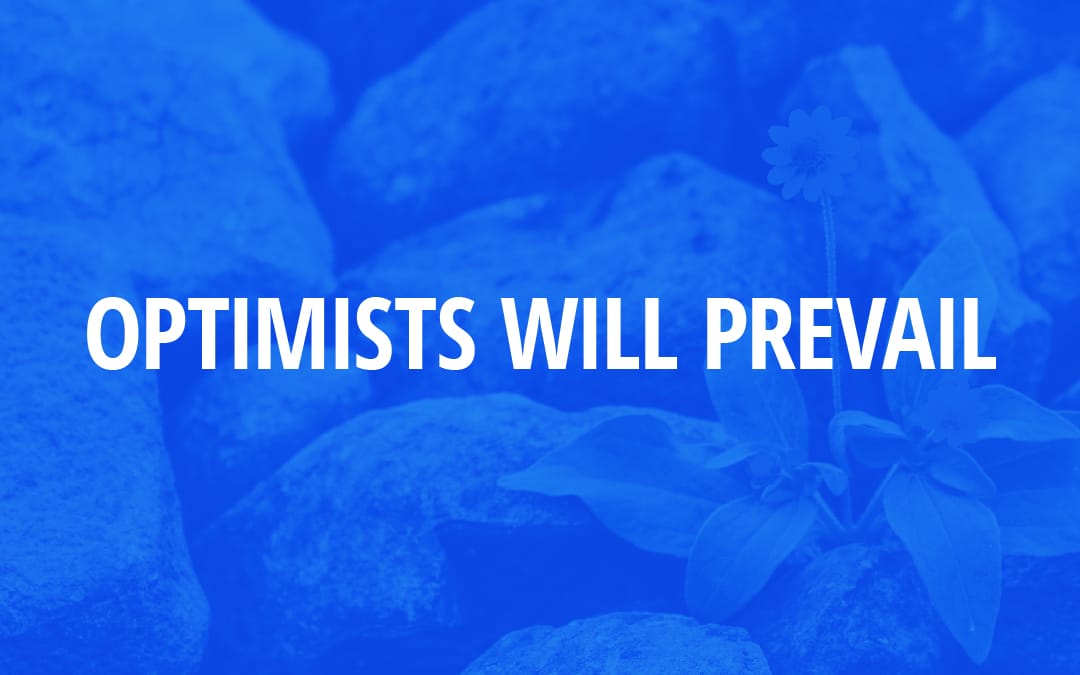We are facing risks unlike any we’ve dealt with in our lifetimes.
Being told you’re in danger triggers all your evolutionary defense mechanisms intended to keep you safe. Unfortunately, none of these instinctive reactions are useful in the arena of long-term investing.
Not only do we face a real, physical threat to our collective health right now, but we’re also dealing with massive uncertainty. That only adds to the discomfort most of us feel when trying to process what we’re currently experiencing, which amplifies our appetite for predictions and forecasts. Your brain wants answers – regardless of whether those answers are right or wrong – in an effort to reduce that discomfort.
c
There’s plenty of research that shows us how people hate to lose money more than they like making it. This natural aversion to losses and pain makes it more likely you’ll gravitate to a pessimist’s outlook and think that take sounds smarter and more informed. (And in this age of social media and 24-hour news, you’ll find no shortage of negativity to consume.)
There’s a lot of bad news coming at us, but fear will eventually peak and things will begin to improve.
Being an optimist doesn’t mean ignoring the fact that things are bad and could get potentially worse. But betting against the human spirit has historically been a bad bet. And if you think things will never get better, the evidence is stacked against you.
A devoted student of history knows that every downturn was different and scary in its own unique way. The common thread in all of them is that eventually the human spirit prevailed.
I don’t know when this crisis will all be over, but I know that this crisis will end.
I’ve long believed that the key to investment success is minimizing mistakes. Believing the future will not get better for ourselves or financial markets is a devastating mistake.
It’s periods like these where the market requires you to embrace fear and uncertainty in exchange for the returns you need to compound your wealth over time. Unless you need your entire portfolio to meet living expenses in the next year, the benefit of missing some of the downside is far less impactful than ensuring you capture the upside whenever it comes.
Your long-term returns will be greatly impacted by the decisions you make in a bear market. Choose to be an optimist.














